For veterans coping with Post-Traumatic Stress Disorder (PTSD), the companionship of a dog can be a crucial element of their support system. The right dog breed can provide comfort, a sense of security, and emotional support, helping to ease the symptoms of PTSD. Certain species, known for their calm demeanor, empathy, and trainability, are particularly well-suited to assist veterans in managing the challenges of PTSD. Here are 10 dog breeds that are excellent for veterans with PTSD.
1. Labrador Retriever
Labrador Retrievers are among the most popular breeds for assisting people with PTSD, including veterans. Their gentle nature and ability to be trained for various tasks make them excellent emotional support and service dogs. Labs are intuitive to their owner’s emotions and can provide comfort during episodes of anxiety or stress.
2. Golden Retriever
Golden Retrievers are known for their gentle, calm, and empathetic nature, making them ideal for veterans with PTSD. They are highly trainable and can perform specific tasks to help mitigate PTSD symptoms. Their affectionate and loyal demeanor also provides a sense of companionship and security.
3. German Shepherd
German Shepherds are known for their loyalty and protective nature, making them well-suited for veterans with PTSD. They can be trained to perform specific tasks and are often used as service dogs. Their intelligence and keen awareness make them excellent at sensing and responding to their owner’s needs.
4. Standard Poodle
Standard Poodles are intelligent, gentle, and often used as service dogs for people with PTSD. They have a calm and empathetic nature, which can be soothing for veterans. Poodles are also hypoallergenic, making them suitable for those with allergies.
5. Boxer
Boxers are known for their loyalty and protective instincts. Their playful and affectionate nature can bring joy and comfort to veterans with PTSD. Boxer are also intuitive and can sense when their owner is experiencing stress or anxiety, providing emotional support.
6. Cavalier King Charles Spaniel
Cavalier King Charles Spaniels are small, affectionate, and adapt well to their owner’s emotional state. Their gentle and loving nature makes them excellent companions for veterans with PTSD. They are also manageable in size, making them easy to care for and suitable for various living situations.
7. Collie
Collies are gentle, intuitive, and known for their ability to form strong emotional bonds with their owners. They are responsive to their owner’s needs and can be trained to perform tasks that assist veterans with PTSD. Their calm and predictable behavior makes them a comforting presence.
8. Doberman Pinscher
Doberman Pinschers are loyal and protective, providing a sense of security to veterans with PTSD. They are intelligent and trainable, capable of performing specific tasks as service dogs. Dobermans are also empathetic and can provide emotional support during difficult times.
9. Bernese Mountain Dog
Bernese Mountain Dogs are known for their calm and gentle nature. They are large and strong, yet incredibly kind and sensitive, making them well-suited for veterans seeking comfort and stability. Their presence can be reassuring, helping veterans feel more grounded.
10. Cocker Spaniel
Cocker Spaniels are affectionate and gentle. They have a friendly and soothing presence, which can be beneficial for veterans with PTSD. Their size and temperament make them easy to manage and suitable as emotional support dogs.
Conclusion
For veterans living with PTSD, selecting the right dog breed can significantly impact their quality of life. The species listed above are known for their ability to provide emotional support, a sense of security, and companionship. They can help veterans navigate daily challenges and offer unconditional love and support. When choosing a dog, it’s essential to consider the individual veteran’s needs and preferences to ensure a successful and supportive partnership.
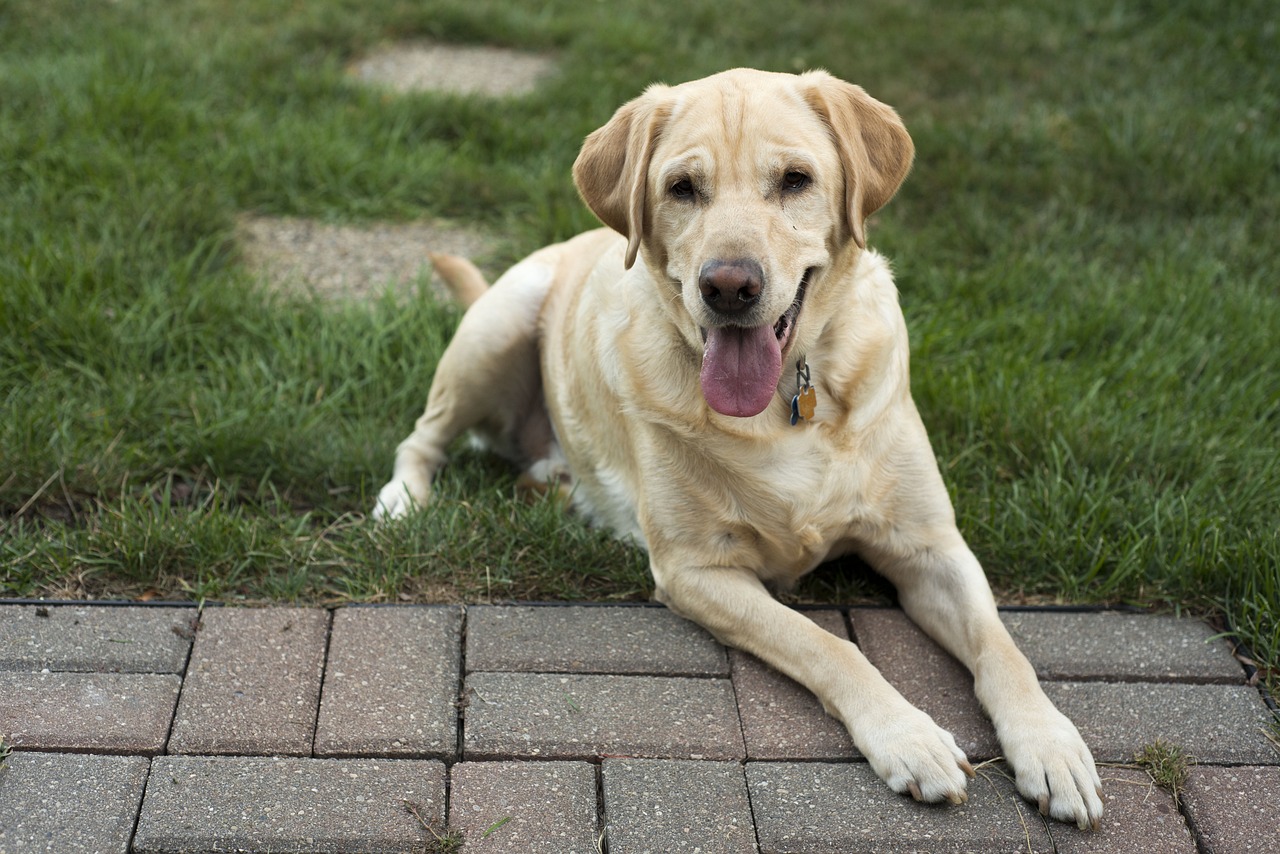
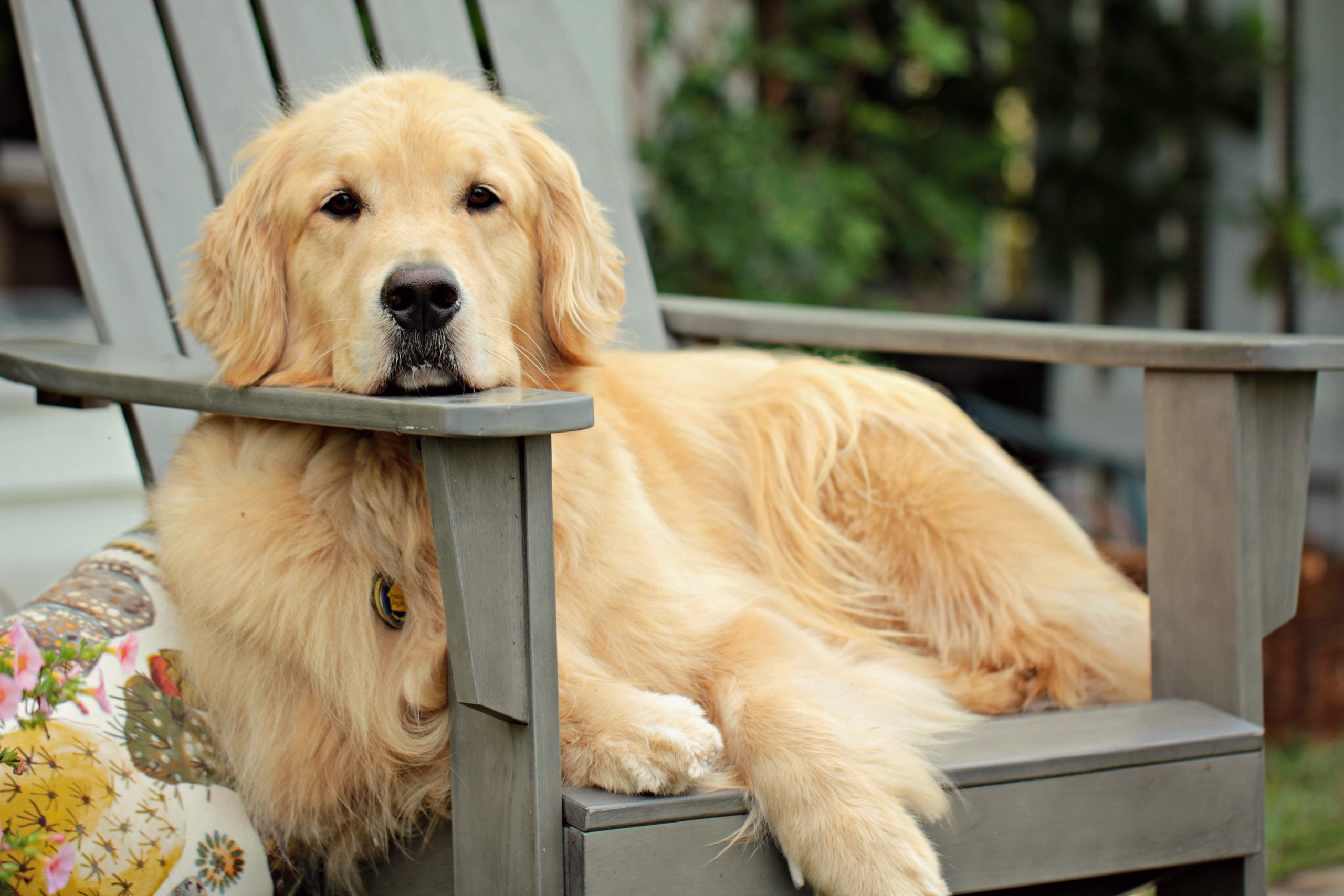
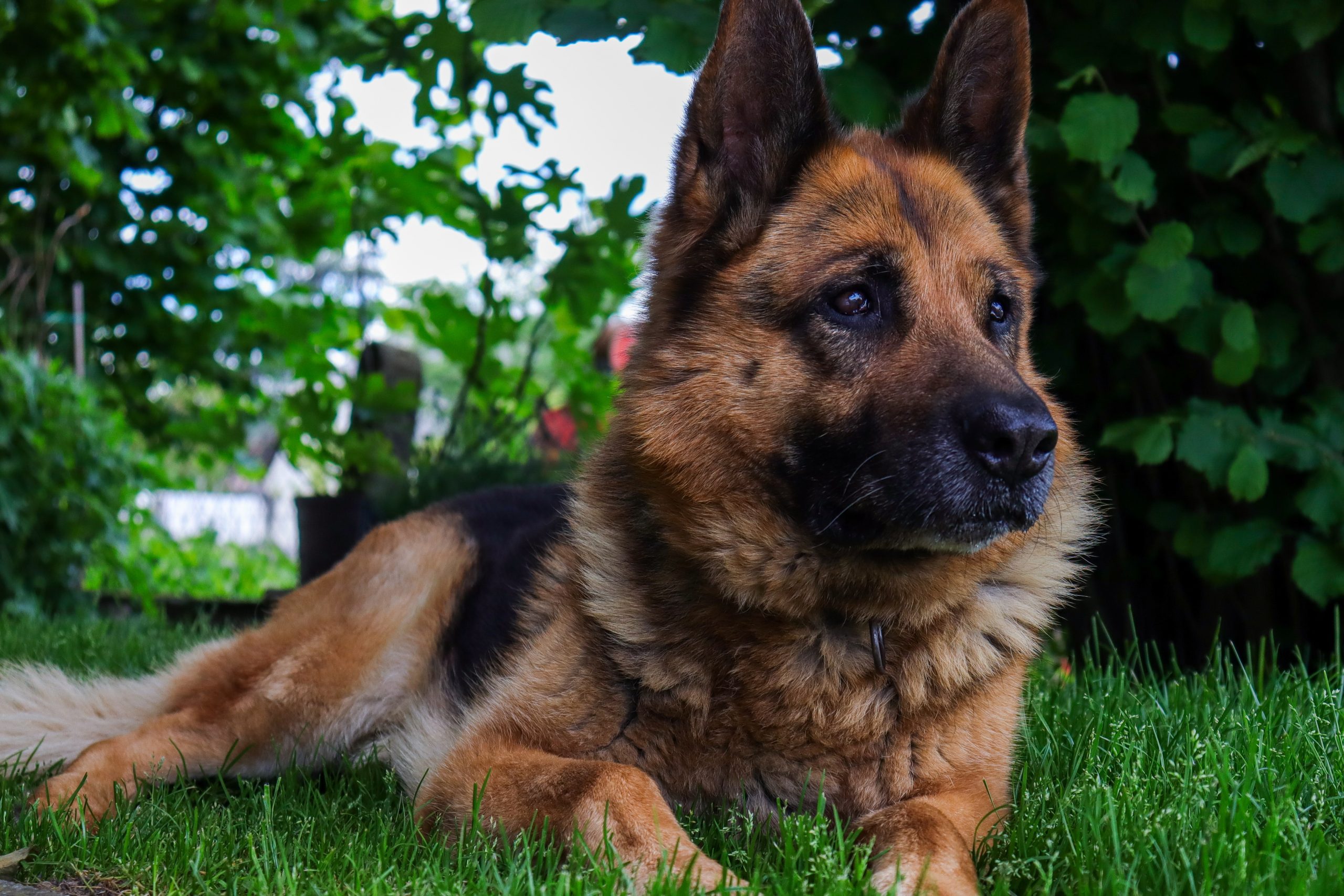
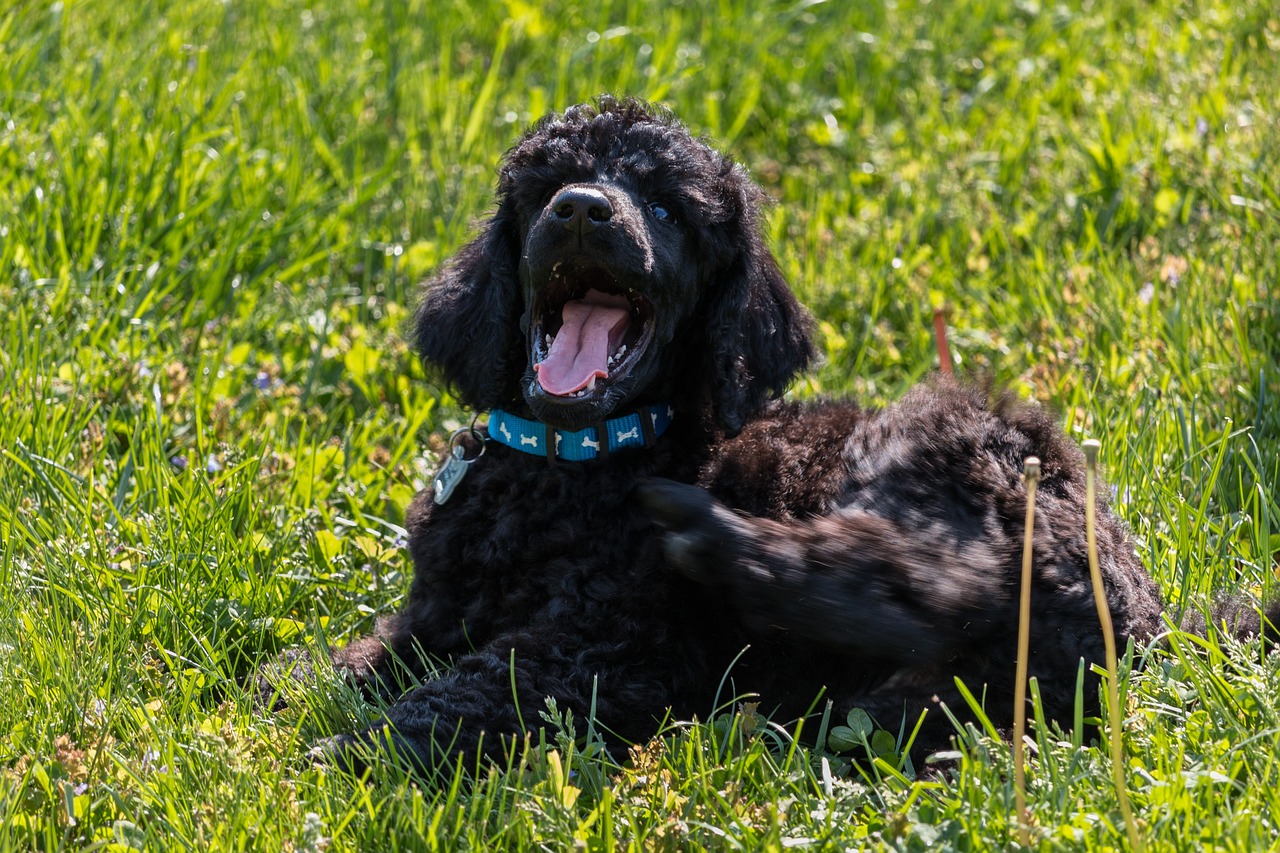
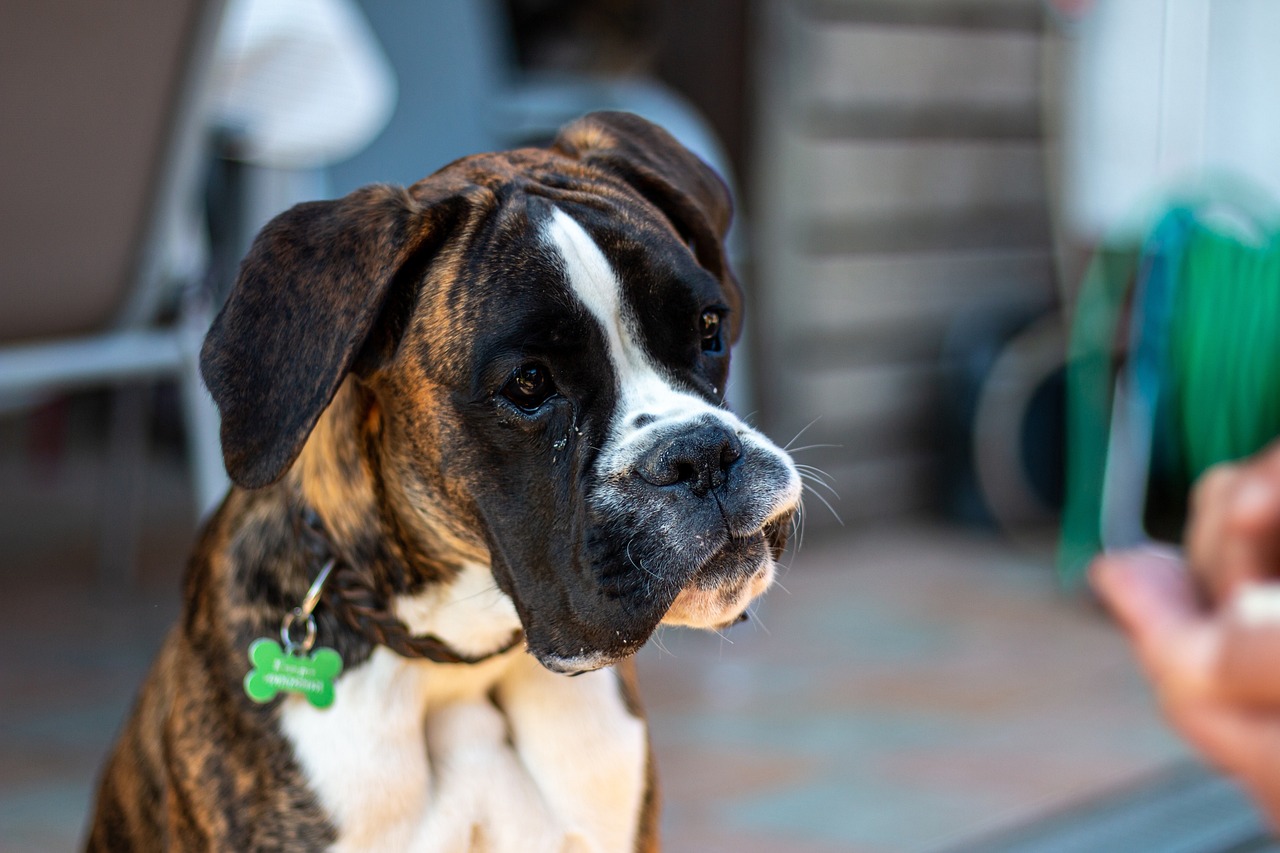
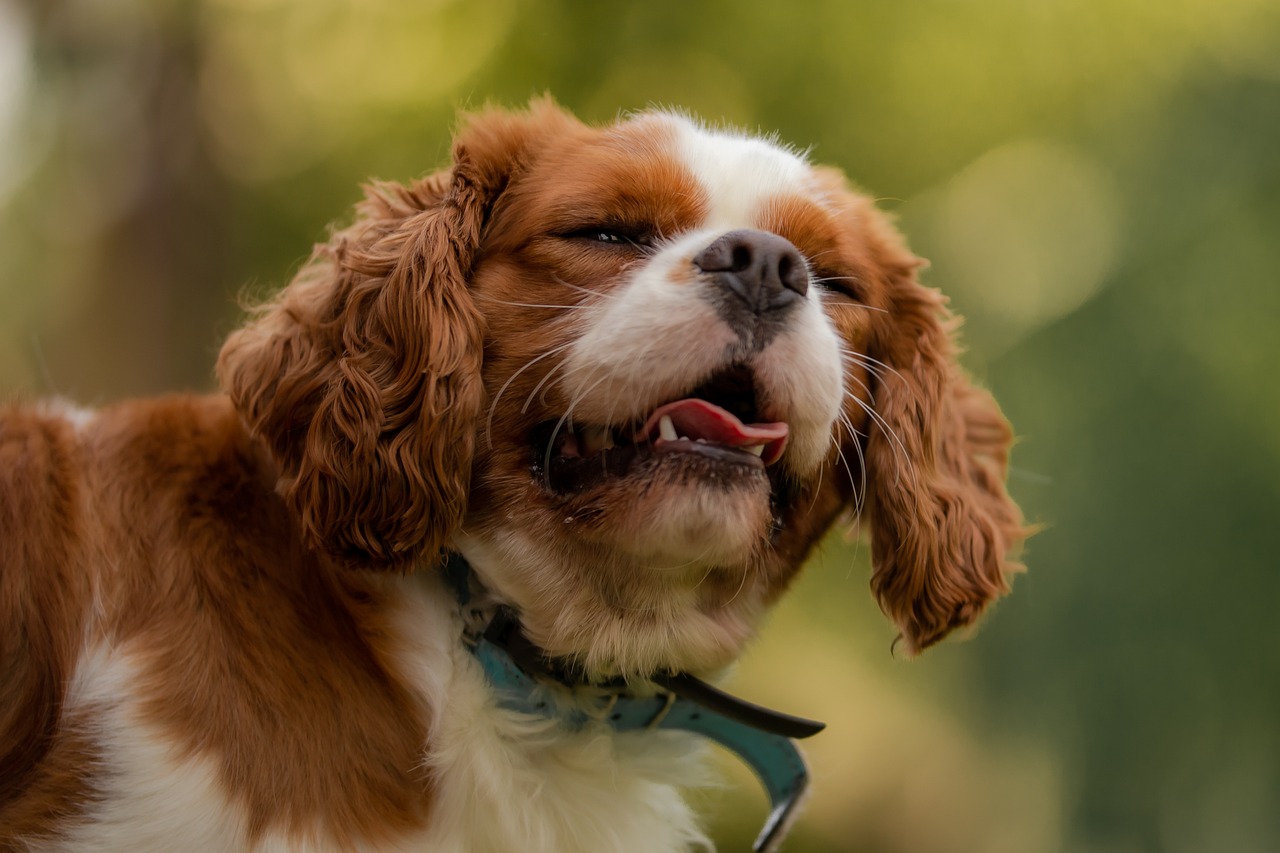
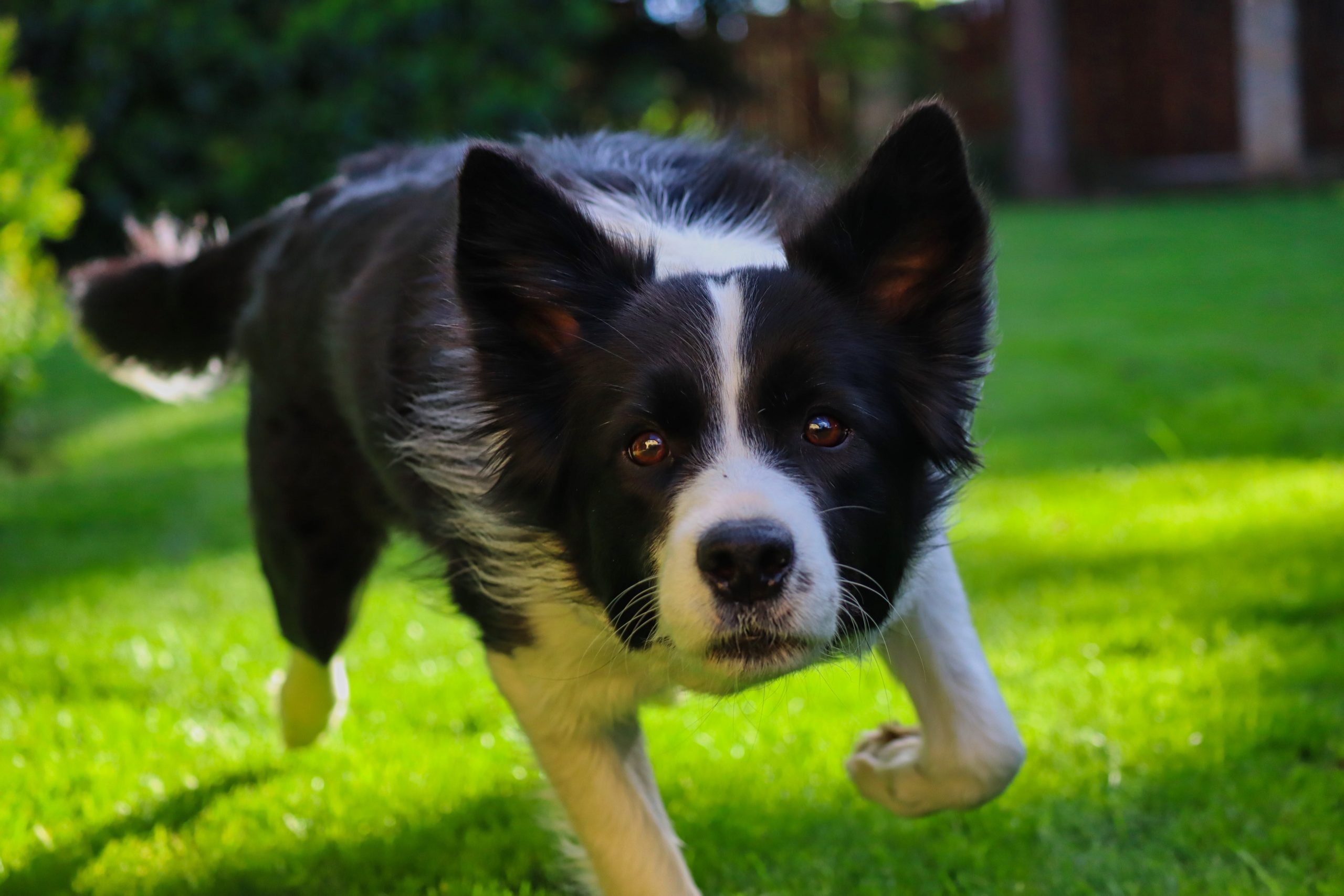
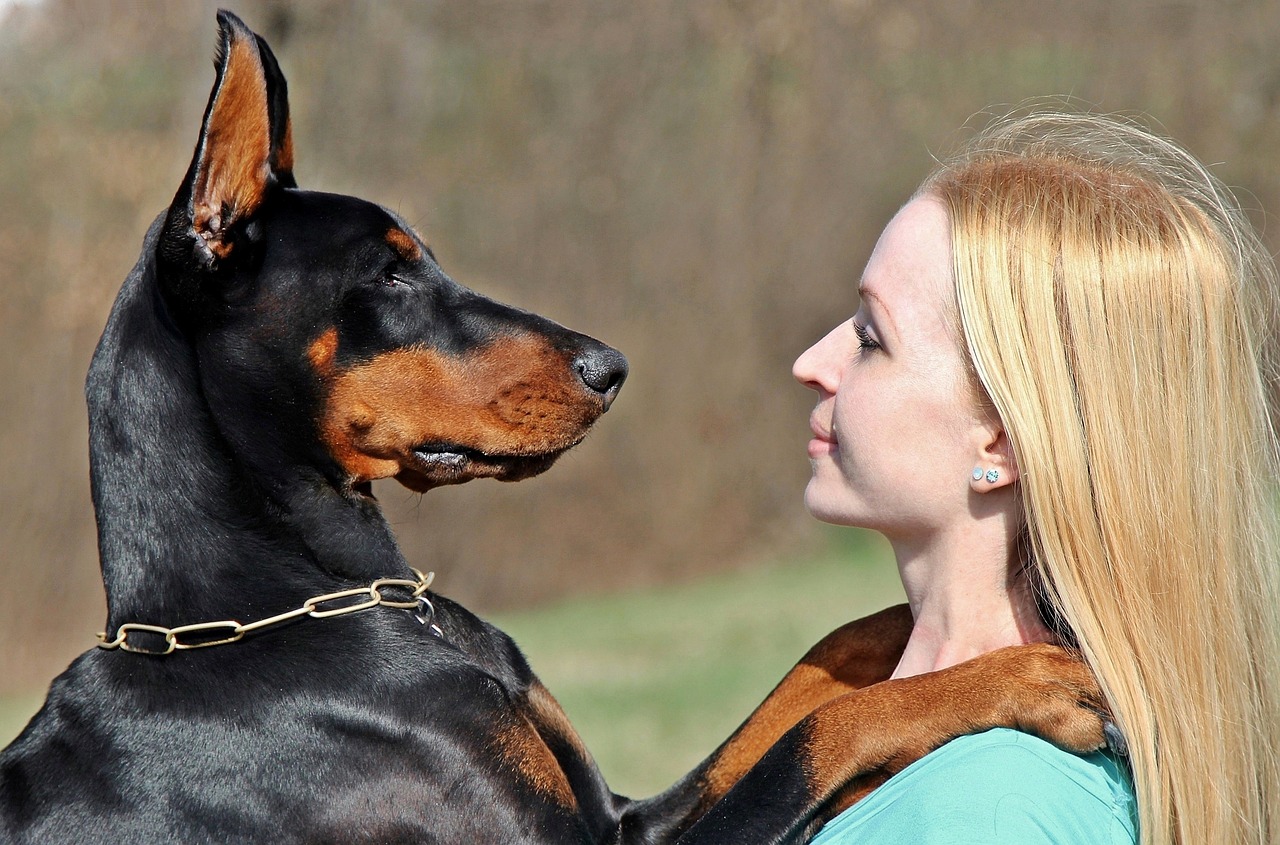
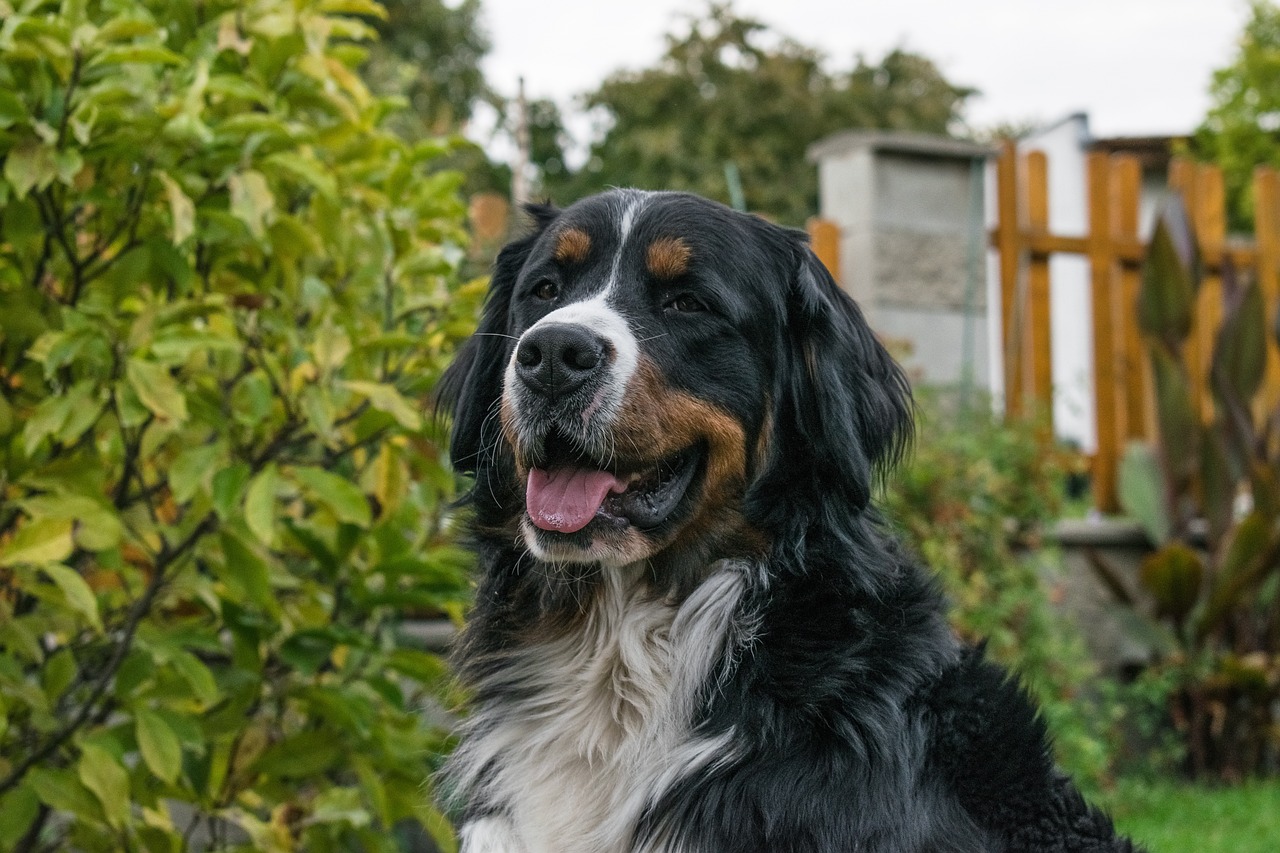
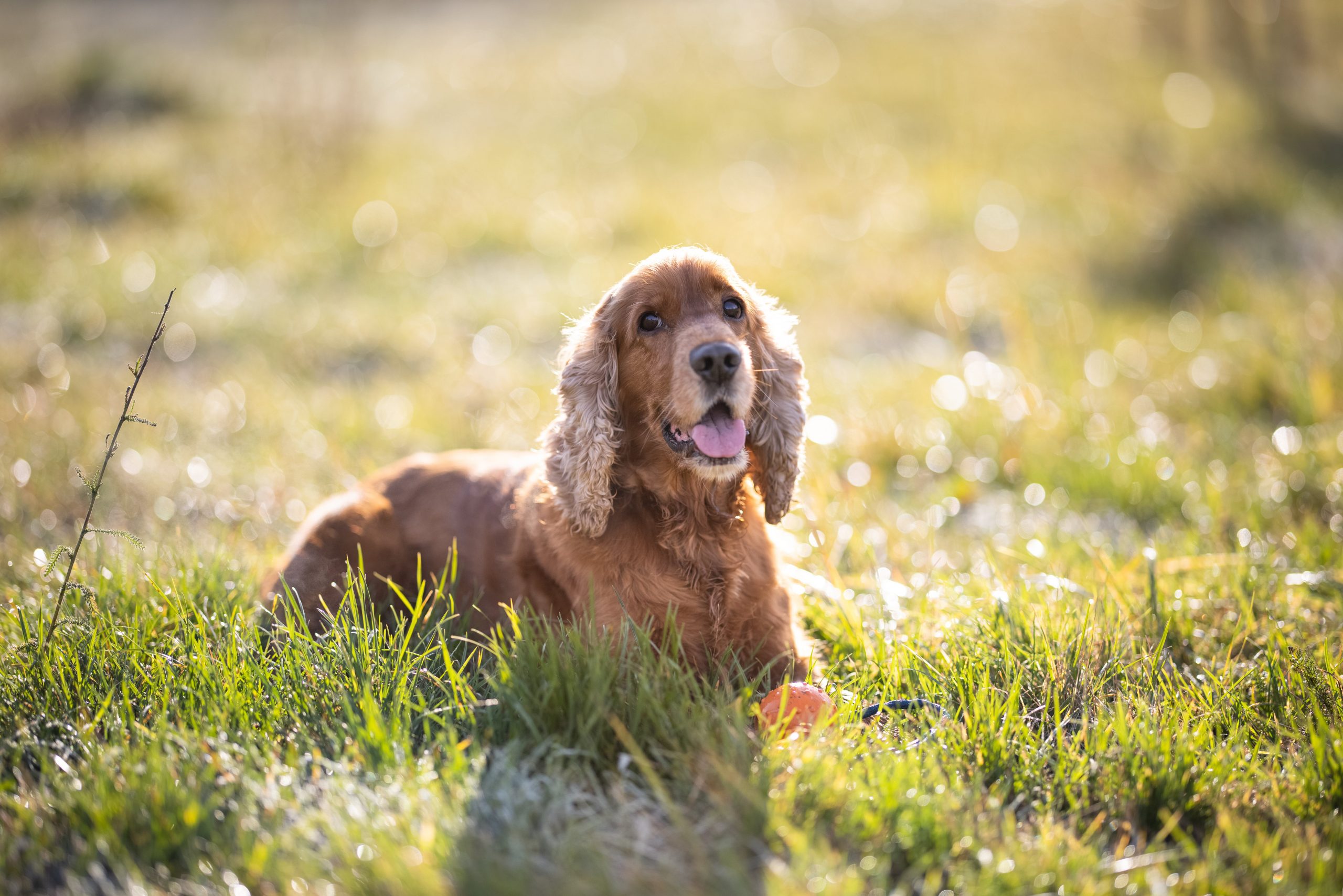
 Toledo, United States.
Toledo, United States.
